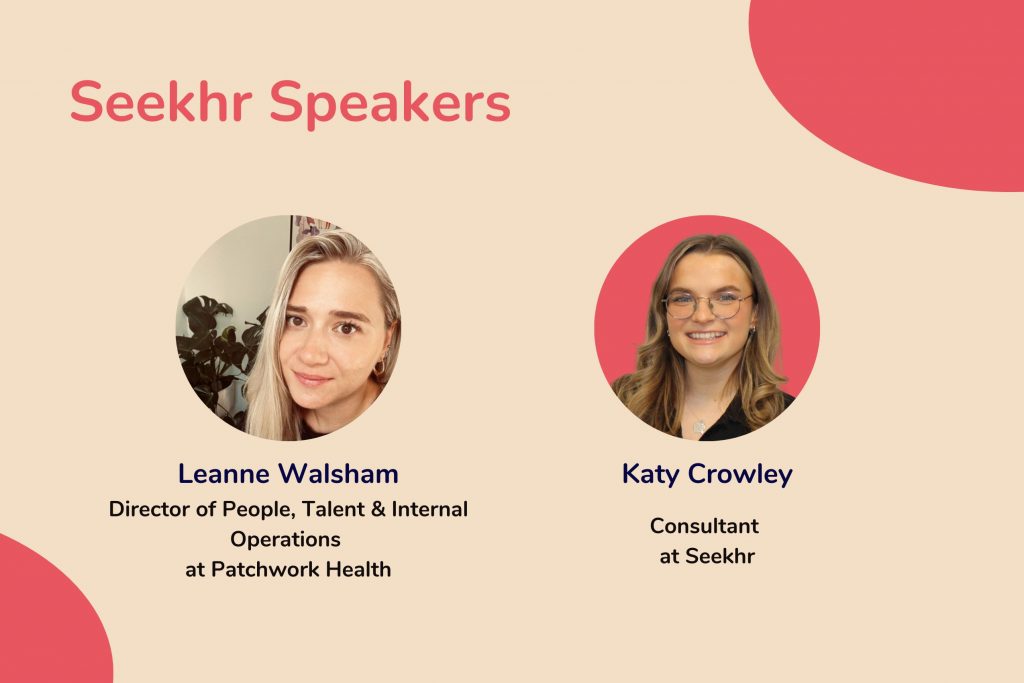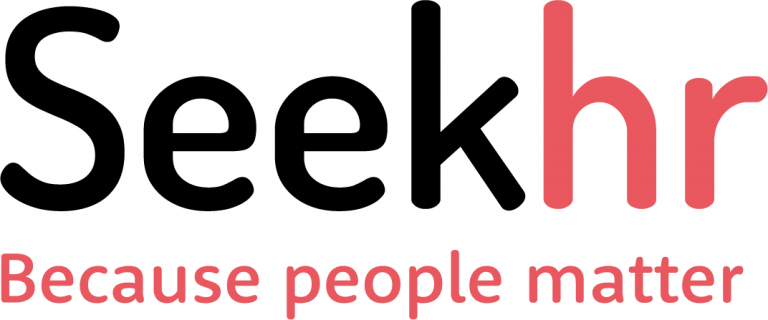
Specialist People and Talent recruiter, Katy Crowley, had the opportunity to sit down with the fantastic Leanne Walsham and have a very open and honest conversation on the topic of psychological safety in the workplace. They spoke through what psychological safety means, how you can try to ensure you have it, and how perceptions have changed around psychological safety in the workplace in recent years.
This topic stemmed from a candid conversation that they had a few weeks prior about the difference between job safety and psychological safety. We all know that, especially when working in a start-up, job safety cannot be guaranteed. However, one thing we should all be able to achieve in our workplace is psychological safety and trust in our employer (and vice versa!).
This is such an important conversation to have with both prospective and current employers and should be something we all breed in workplace culture and values. Psychological safety should absolutely be a central pillar to the culture within the workplace and it is so useful to have a term to fully describe such a key element to breed trust and positivity in the office.
So, what is psychological safety?
Psychological safety is knowing that you can raise questions, challenge ideas without penalty and without blame culture. It is knowing that you can share your feelings; raise concerns; and ask questions without repercussions or detrimental impact to your job, emotions, or mental health.
Psychological safety is not the same as job safety. Job safety is never a guarantee – business needs change and strategy pivots from time to time; funding can be limited; and sometimes roles are no longer required. Psychological safety can be guaranteed, in some workplaces. Psychological safety is knowing that if and when something changes, you will be treated ethically with kindness and respectfulness; and that your employer will follow best practice and give you time to understand and process what the change means for you.
Psychological safety is not a legal requirement – what we have discussed above is what good looks like, it’s what a good workplace should strive to do not what every employer has to do or provide.
People can bring their past experiences with them. So, if trust has broken down in the past – by violating a respect boundary – it is common that people will bring this fear or concern with them to their new role and expect the worst.
A good analogy is that people can sometimes take baggage from their previous relationship into a new personal relationship like being cheated on or hurt by an ex or a friend and it can result in believing that trust will be broken again in the new relationship when in fact the new party hasn’t done anything wrong. Workplace relationships are so similar to personal relationships in this regard – all successful relationships are built on a similar foundation of mutual trust and respect.
What would your advice be to someone going through a change, and wanting to make sure they are entering an environment that is going to be psychologically safe for them?
While responsibility is on company leadership, it is also on the individual. It’s important to educate yourself on what psychological safety is and how to assess for it.
Self-awareness
Knowing that if bad things have happened in the past – it doesn’t mean they will happen again. Don’t forget about your past; you don’t want it to happen again, and you can learn from it – but these are new people, a new environment, and new ways of working and new communication styles. Know what you want from the environment and relationship and don’t lose sight of that.
See for yourself
Good is subjective, so you need to ask the right questions in your job hunt that mean something to you. I always ask to meet other people within the team. This gives a great view into the culture and a chance to get a feel of the real environment. If anyone can show you what the culture is like, it is the people in the business already.
Asking questions
Make sure you ask all your questions – an interview should be a two-sided process. If you don’t get time to ask all of your questions in an interview, make sure you ask for more time and follow up on email.
Don’t fear asking questions about company culture, ways of working, and communication styles. This will help you make an informed decision and be better prepared to join if you are offered the job. If you get to speak to others, ask things like:
- ‘How engaged are you?’
- ‘How would you describe the culture?’
Be sure to ask about anything else that is important to you, for example about how the company will meet your needs. Your personal values should be aligned to the company culture for a successful partnership.
Engagement indicates how supported, satisfied, and motivated – and how psychologically safe – the team feel, so this is the best indication as to how you would feel in the same work environment.
How have perceptions of psychological safety evolved over time?
In the last 5-10 years perceptions of psychological safety have changed hugely. Historically, some workplaces had the perception of, ‘You should be lucky to work here and to have a job’. We then entered a different era where employees were saying, ‘No, we spend more time here than at home and would like something in return for our time, loyalties and expertise’.
We are now in a newer era of having more of a balance, setting clearer and fairer expectations for both the employer and the employee. I think employers are getting better at knowing that whatever they want to achieve in the workplace, it is more effective to get their team’s buy-in and to give them a voice during decision-making.
The psychological safety element means that both the employer and the employee can bring about this change.
Psychological safety has changed over time in terms of responsibility. In the past, responsibility has all been on the employer to create that safe space, but now the employees are also seen as in part responsible for making a difference in that they have a voice and many ways in which to feedback their experiences and opinion.
Transparency, trust and respect should be mutual – that is key. You can’t expect psychological safety from your employer if you are not ready and willing to be respectful, honest and trustworthy. True psychological safety is having trust and respect for, and from, both sides to move forwards to a common goal. If you want psychological safety from your workplace treat it with the respect you would like to be treated with. Crucially, share your concerns or feedback – it could be they just don’t know something isn’t quite right and you could be the catalyst in bringing about positive change in your workplace, for your colleagues, and for yourself.
What is one key piece of advice regarding psychological safety?
Advocate for yourself.
Know what is important for you. Firstly, take your time to work this out. Then find out before you join a new workplace (or if things change in your existing workplace) if this is an environment that you want to be in. This involves working with the employer on this and asking questions centred around your personal values and needs throughout the process (interview or conversation with your existing employer).
It doesn’t mean you’ll always get the right answers for you, which might ultimately mean this is not the right place for you. But it’s better to know; and also, to not compromise on your values and needs.
You can’t force a company or employer to pivot for you, or to meet all of your needs, or to give way on all their needs for you. But you can always ask and work with them, and if you can’t reach something mutually acceptable or a good compromise then move on. If you don’t ask, you never know!
Interested to learn more about psychological safety in the workplace? Reach out to Katy!
Psychological safety is such a key topic to discuss, and in my opinion, should be the basic standard in any workplace. It is essential to set boundaries, trust and have mutual respect with your employer; being able to speak openly and make mistakes without blame culture in the workplace. I know that from my experience at Seekhr, I can bring ideas and change to the table, knowing that I will be listened to, and I know that I will also be open to taking all feedback as constructive and being able to use it to better myself.
Psychological safety is ultimately built on trust and openness, between two parties. It is knowing that you can share with your employer, while giving them the platform to also share with you. We all make mistakes, and that is okay. But being trusted and open enough to discuss this and share with no repercussions is key.
While psychological safety isn’t a requirement in a workplace, it can truly make a ‘good’ workplace, an ‘exceptional’ one.
If you’re looking to improve your work environment and engrain psychological safety in your culture, be sure to get in touch with our recruitment consultants for support with specialist people and talent recruitment.




